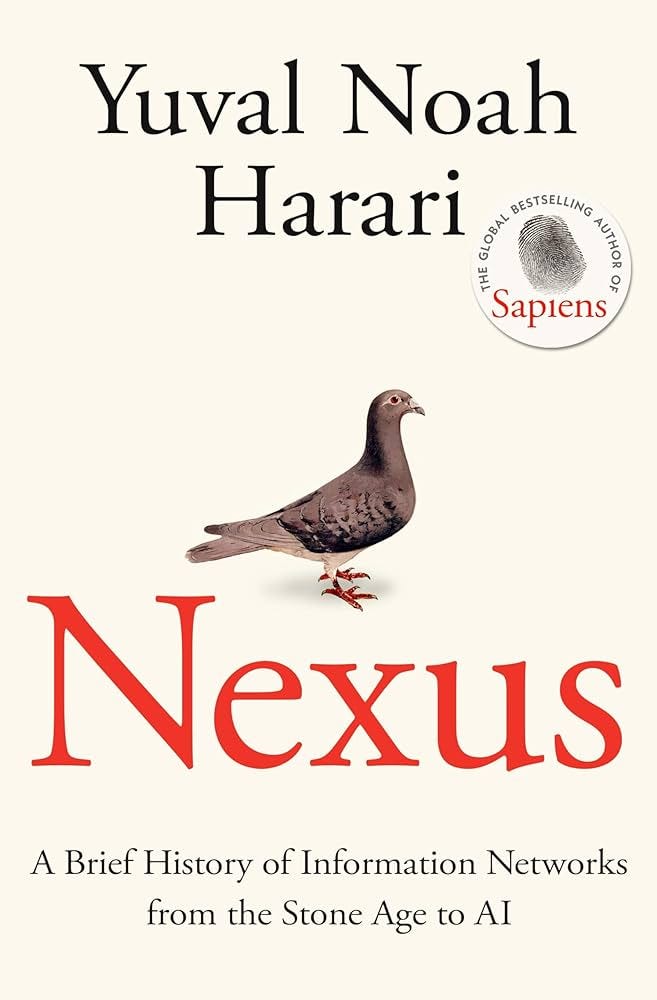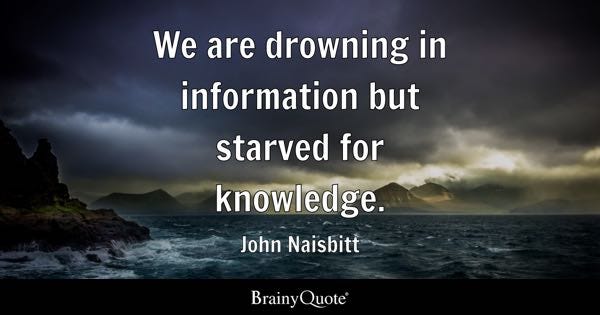Information Artifacts
• Name, address, contact details
• Date of birth, age, gender
• Social security number, tax file number
• Health records
• Bank account details
• Credit card numbers
• Transaction histories
• Financial statements and reports
• Tax returns
• Contracts and agreements
• Client or customer details
• Business plans and strategies
• Supplier and vendor information
• Sales and marketing data
• Software code and documentation
• Product specifications
• Patents and technical diagrams
• Engineering blueprints
• Laws, regulations, and legal precedents
• Court rulings and legal filings
• Contracts and deeds
• Textbooks and academic papers
• Research data and reports
• Lecture notes and presentations
• Experimental data
• Research findings
• Theories and models
• Scientific formulas and equations
• Historical events and timelines
• Biographies of notable people
• Archeological findings and records
• Art, literature, and music
• Customs, traditions, and practices
• Language and dialects
• Folklore and myths
• Emails and text messages
• Social media posts
• Websites and online articles
• Databases and logs
• Maps and geospatial data
• Coordinates and locations
• Land use and zoning plans
• Market trends and forecasts
• Consumer behaviour data
• Competitive analysis
• Polls and surveys
• Demographic data
• Economic indicators (GDP, unemployment rates)
• Photographs and images
• Charts and graphs
• Videos and animations
• Audio recordings
• Environmental data (temperature, humidity)
• Tactile data (texture, pressure)
• Trade secrets
• Government documents
• Military or national security data
• Medical records
• Diagnosis and treatment plans
• Pharmaceutical information
• Trademarks and logos
• Copyrighted works (books, movies, software)
• Trade secrets
• Feelings, moods, and emotional states
• Personal experiences and narratives
• User manuals
• Guidelines and protocols
• Recipes
If that’s everything to do with information, then how would you define the concept?
I’ve been grappling with a definition for some time now, particularly lately as I read Yuval Noah Harari’s big history book ‘Nexus’.
Definition
Most definitions refer to ‘news’, or ‘facts’, or even ‘knowledge’.
Here’s the Oxford Dictionary definition:
INFORMATION
Knowledge communicated concerning some particular fact, subject, or event; that of which one is apprised or told; intelligence, news.
Yuval Noah Harari defines the concept differently:
Information is something that creates new realities by connecting different points into a network.
According to Harari, information is a shared understanding of a combination of data points. Another name for a network is community.
Information Can Be Wrong
Of course, information can be fake and provably wrong. But most consider information received to be valid.
This points to the difference between the Oxford Dictionary definition which refers to fact, and Harari’s, which doesn’t.
Harari comments that information may instead describe a reality, which may not be factual.
For instance, the Bible could be considered an information artifact and a reality to some - but is it factful?
Aboriginal indigenous stories of the land describe a belief people hold as their reality. In most quarters the stories are not considered scientifically factual.
Nevertheless, they are all examples of information.
But Aren’t Stats Facts?
In the list, many artifacts relate to statistics. Surely figures are facts! Well, depends on how the figures are:
generated
recorded
consolidated
interpreted
represented
The early maps, we can now see, were far from the truth; ancient medicinal remedies were hit and miss; polls and surveys are subject to feelings at that moment; gender can be fluid; and so on.
If It’s Written It’s True
Many of us also accept the written price of a product or service as the one we pay. Who would ever dispute a price on a menu? We wouldn’t think of bargaining with KFC to negotiate a better price for a Zinger.
I remember negotiating with a car salesman once about the price of a car and he had some price list he pointed to on his desk that was covered with a sheet of glass. He was trying to give me the impression the price was fixed - as it was both written and sealed!
But it’s not true.
Everything is negotiable and being in hard copy need not mean it’s a lock.
Information is disputable.
So, Be Curious
This is all to build the argument that the distinguishing feature of information is not its truthfulness, it instead relates to its representation of reality for some and for that representation to link people who agree.
That’s how I view information.




